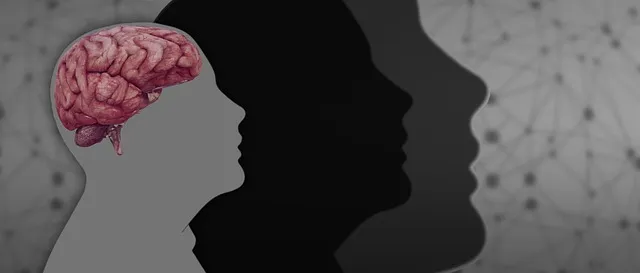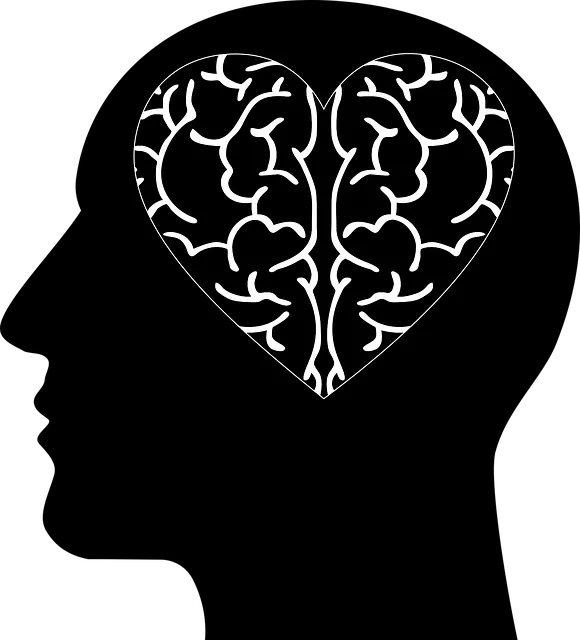Englewood Kaiser Permanente psychiatry is revolutionizing mental healthcare with their Resilient Focus Model (RFM), emphasizing resilience, flexibility, and mastery. Through storytelling podcasts, journaling, and evidence-based practices like mindfulness, they empower individuals to face challenges and build emotional strength. Their tailored approach considers cultural sensitivity and promotes coping strategies that enhance both personal growth and community resilience. By integrating RFM with empathy building and stigma reduction efforts, the clinic offers comprehensive care, improving long-term mental well-being for diverse populations.
“Unraveling the power of Resilience, Frequency, and Moment (RFM) is a game-changer in mental health support. This article explores how RFM, as exemplified through a case study of Englewood Kaiser Permanente Psychiatry, can enhance well-being. We delve into practical resilience-building exercises for daily life, offering strategies to navigate challenges. Additionally, we discuss the integration of RFM into healthcare practices, highlighting its potential to revolutionize patient care. Discover how these techniques can foster mental fortitude and resilience.”
- Understanding RFM and its Impact on Mental Health
- Englewood Kaiser Permanente Psychiatry: A Case Study
- Resilience-Building Exercises for Daily Life
- Integrating RFM into Healthcare Practices
Understanding RFM and its Impact on Mental Health

Resilience is a cornerstone of mental health and well-being, enabling individuals to navigate life’s challenges with adaptability and bounce back from adversity. This concept is central to RFM (Resilience, Flexibility, and Mastery), an approach that has gained significant traction in the psychiatry and mental healthcare landscape, including at Englewood Kaiser Permanente. By focusing on these three dimensions, RFM empowers individuals to build mental resilience, fostering a sense of control and empowerment.
The Mental Wellness Podcast Series Production often highlights real-life stories of individuals who have harnessed the power of RFM to overcome significant obstacles. Additionally, Mental Wellness Journaling Exercise Guidance can be a valuable tool for cultivating self-awareness and promoting personal growth by encouraging individuals to reflect on their experiences and identify strategies that enhance their resilience. Cultural Sensitivity in Mental Healthcare Practice is also essential, ensuring that RFM approaches are tailored to meet the unique needs of diverse populations.
Englewood Kaiser Permanente Psychiatry: A Case Study

Englewood Kaiser Permanente Psychiatry has been recognized as a pioneering healthcare organization in implementing innovative resilience-building exercises and mental health education programs. Their approach is centered around designing comprehensive strategies that go beyond traditional therapy to foster a culture of well-being within their community. Through tailored initiatives, they empower individuals with essential tools for stress management and mindfulness meditation, thereby enhancing overall mental health and resilience.
This case study exemplifies how an integrated healthcare model can revolutionize support systems by addressing the root causes of psychological distress. By incorporating evidence-based practices into daily routines, Englewood Kaiser Permanente Psychiatry ensures that their patients develop durable coping mechanisms. This proactive approach not only benefits individuals but also has a ripple effect on community resilience, demonstrating a holistic and effective strategy for mental health promotion.
Resilience-Building Exercises for Daily Life

Resilience is a crucial asset in navigating life’s challenges, and resilience-building exercises can be integrated into daily routines for better mental well-being. Englewood Kaiser Permanente psychiatry emphasizes the importance of cultivating this strength, especially in managing stress. Simple yet effective practices like mindfulness meditation, deep breathing exercises, and gratitude journaling are accessible tools to enhance resilience. These techniques encourage individuals to focus on the present moment, accept their emotions, and foster a sense of calm amidst stressors.
Englewood Kaiser Permanente’s Community Outreach Program Implementation promotes compassion cultivation as another vital aspect of building resilience. Acts of kindness, whether towards oneself or others, can strengthen emotional connections and create a support system. This concept, rooted in Compassion Cultivation Practices, encourages individuals to embrace their shared humanity, fostering empathy and understanding. By incorporating these practices into daily life, folks can build mental fortitude, better cope with adversity, and ultimately lead more fulfilling lives.
Integrating RFM into Healthcare Practices

Englewood Kaiser Permanente psychiatry has been at the forefront of integrating innovative approaches to patient care, and Resilient Focus Model (RFM) is a promising addition to their toolkit. This model emphasizes the importance of building resilience in individuals, which is particularly relevant in healthcare settings, especially for those facing mental illness or trauma. By incorporating RFM into their practices, the clinic can enhance existing Empathy Building Strategies and Mental Illness Stigma Reduction Efforts.
The implementation of RFM allows for a more holistic understanding of patient well-being, focusing on not just treating symptoms but also fostering resilience to adversity. This approach, backed by extensive research, has proven effective in Trauma Support Services, enabling individuals to navigate challenging situations with greater adaptability and emotional strength. Englewood Kaiser Permanente can leverage this model to create personalized care plans that empower patients, ultimately improving long-term outcomes and enhancing the overall patient experience.
Resilience is a powerful tool in navigating life’s challenges, and the Role-Function-Maladaptation (RFM) model offers a structured approach to enhancing mental health. As demonstrated by the case study of Englewood Kaiser Permanente psychiatry, integrating resilience-building exercises into healthcare practices can significantly improve patients’ coping mechanisms and overall well-being. By understanding RFM and its impact, healthcare professionals can empower individuals to build resilience, fostering a more adaptable and resilient society. These strategies, when incorporated into daily life, have the potential to revolutionize mental health support and create a lasting positive impact.






